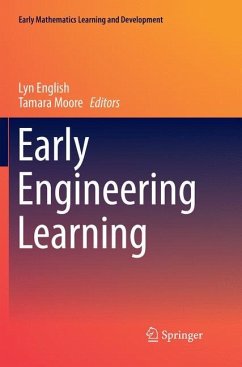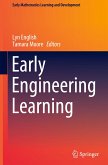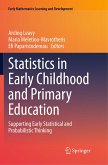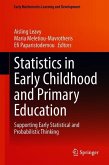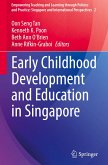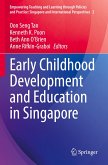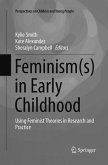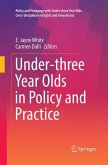This book addresses engineering learning in early childhood, spanning ages 3 to 8 years. It explores why engineering experiences are important in young children's overall development and how engineering is a core component of early STEM learning, including how engineering education links and supports children's existing experiences in science, mathematics, and design and technology, both before school and in the early school years.
Promoting STEM education across the school years is a key goal of many nations, with the realization that building STEM skills required by societies takes time and needs to begin as early as possible. Despite calls from national and international organisations, the inclusion of engineering-based learning within elementary and primary school programs remains limited in many countries. Engineering experiences for young children in the pre-school or early school years has received almost no attention, even though young children can be considered natural engineers.
This book addresses this void by exposing what we know about engineering for young learners, including their capabilities for solving engineering-based problems and the (few) existing programs that are capitalising on their potential.
Promoting STEM education across the school years is a key goal of many nations, with the realization that building STEM skills required by societies takes time and needs to begin as early as possible. Despite calls from national and international organisations, the inclusion of engineering-based learning within elementary and primary school programs remains limited in many countries. Engineering experiences for young children in the pre-school or early school years has received almost no attention, even though young children can be considered natural engineers.
This book addresses this void by exposing what we know about engineering for young learners, including their capabilities for solving engineering-based problems and the (few) existing programs that are capitalising on their potential.

